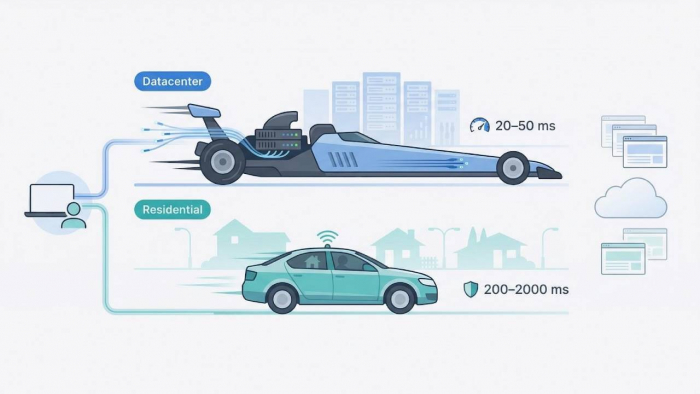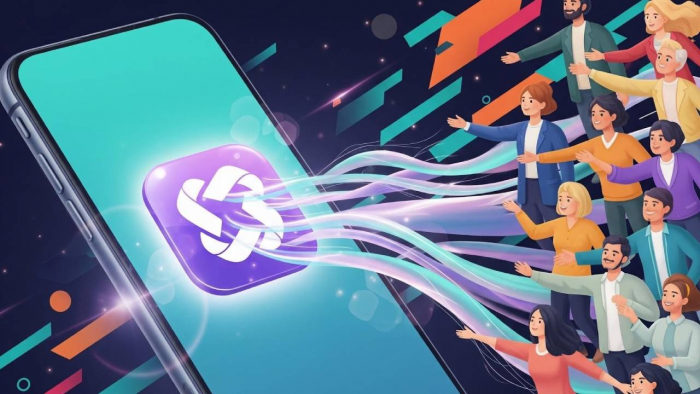A significant shift is underway in entertainment consumption. Audiences are moving beyond traditional venues (living rooms, theaters, and scheduled television). The new digital-first era is defined by strong consumer preference for personalized, highly engaging experiences that are immediately accessible and available on demand. People desire more involvement, power, and rapid global connectivity, which is driving this massive change, not to mention how much easier it is. In 2024, the internet entertainment industry was worth around $100 billion, and by the end of the decade, experts predict that number will have more than doubled. That this digital transformation is everlasting is demonstrated here.
The Great Cord-Cutting: Streaming Dominance
Streaming services like Netflix, Disney+, and Amazon Prime Video have quickly replaced cable. These platforms let people see a lot of stuff that is continually being added to. Recent data supports industry consolidation: the average U.S. home has more than five streaming subscriptions, and over 75% of the population will use OTT services this year. To compete in a price-sensitive and mature market, platforms are offering ad-supported tiers and bundling options to give users more control and customisation.
Gaming Evolves into a Social Ecosystem

Gaming is becoming the biggest type of digital entertainment in the world. It combines competitiveness, community, and creativity in a strong way. With more than 200 million active users each month, Discord is the most popular site for live broadcasting. In this ecosystem, these are two of the most important social media sites. They stress the significance of players interacting with one another in-game. From competitive esports games like Call of Duty and League of Legends to casual sandbox games like Roblox and Minecraft, as well as strategy games, online roulette, and puzzle apps for mobile devices, the developer has an extensive library of games. As a result, they are enticed to play once more. This variety has made gaming a social place that is always open, where technology and culture meet throughout the world.
The Rise of Interactive and Immersive Experiences
The line between actual and virtual events is getting blurrier as interactive digital consumption changes quickly. People today care more about becoming involved than just watching. People may now go to live events from home thanks to virtual shows, live web screenings, and Augmented Reality (AR) installations. YouTube Live and dedicated Virtual Reality (VR) apps are two examples of platforms that mix real and digital aspects in a way that makes for rich, engaging experiences. As VR and AR gadgets become more popular and their prices drop, this push for more realism is likely to acquire a lot more traction. Market trends say that immersive media will expand at a compound annual rate of 18% until 2030.
Personalization Powered by AI and Big Data
AI is a big element of how big streaming services organize their content. Netflix, Spotify, and YouTube all use algorithms to look through a lot of user data and offer episodes, music, and videos that are tailored to each user. Over 70% of consumers now want companies to give them material that meets their unique needs. This high level of customisation is necessary for the market. Successful customisation directly boosts important performance metrics like user engagement and long-term retention. Future improvements in AI should make these predictions more accurate, which will let it make suggestions for everything from the best podcasts to the most interesting local events, making sure that your entertainment stream is always unique and personal.
The Future Standard: Participation and Choice
The current digital trends are changing more than just how entertainment is distributed. They are also changing what entertainment is at its core. Passive customers have become active players who want to participate. More individuals are playing e-sports, attending virtual events, and using immersive VR tales to explain. Advertisers and producers have many new options with this significant development. It also raises important considerations about digital health and the balance between ease and overconsumption. Digital entertainment is increasingly the norm for global cultural interaction. It is no longer a temporary addition to other media.
Post Comment
Be the first to post comment!





